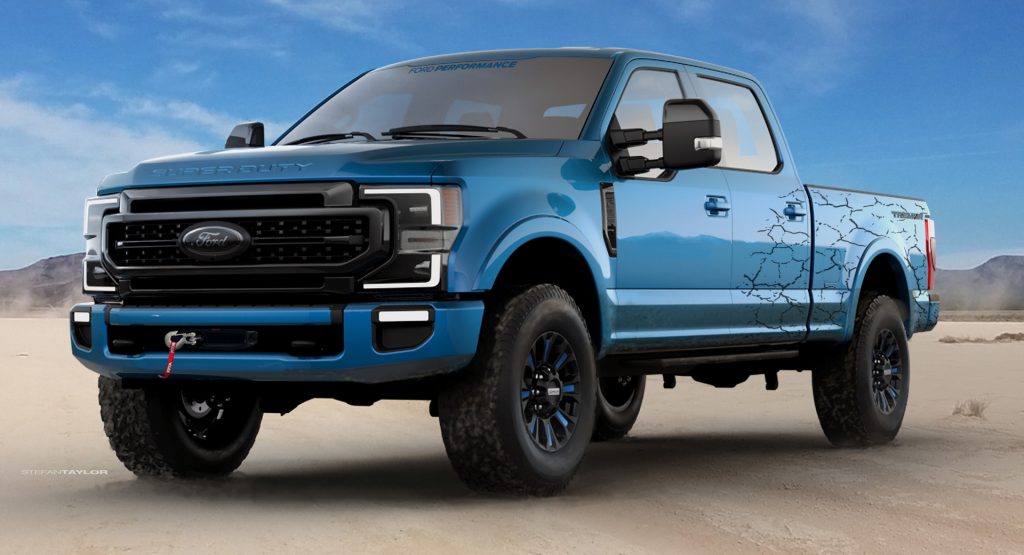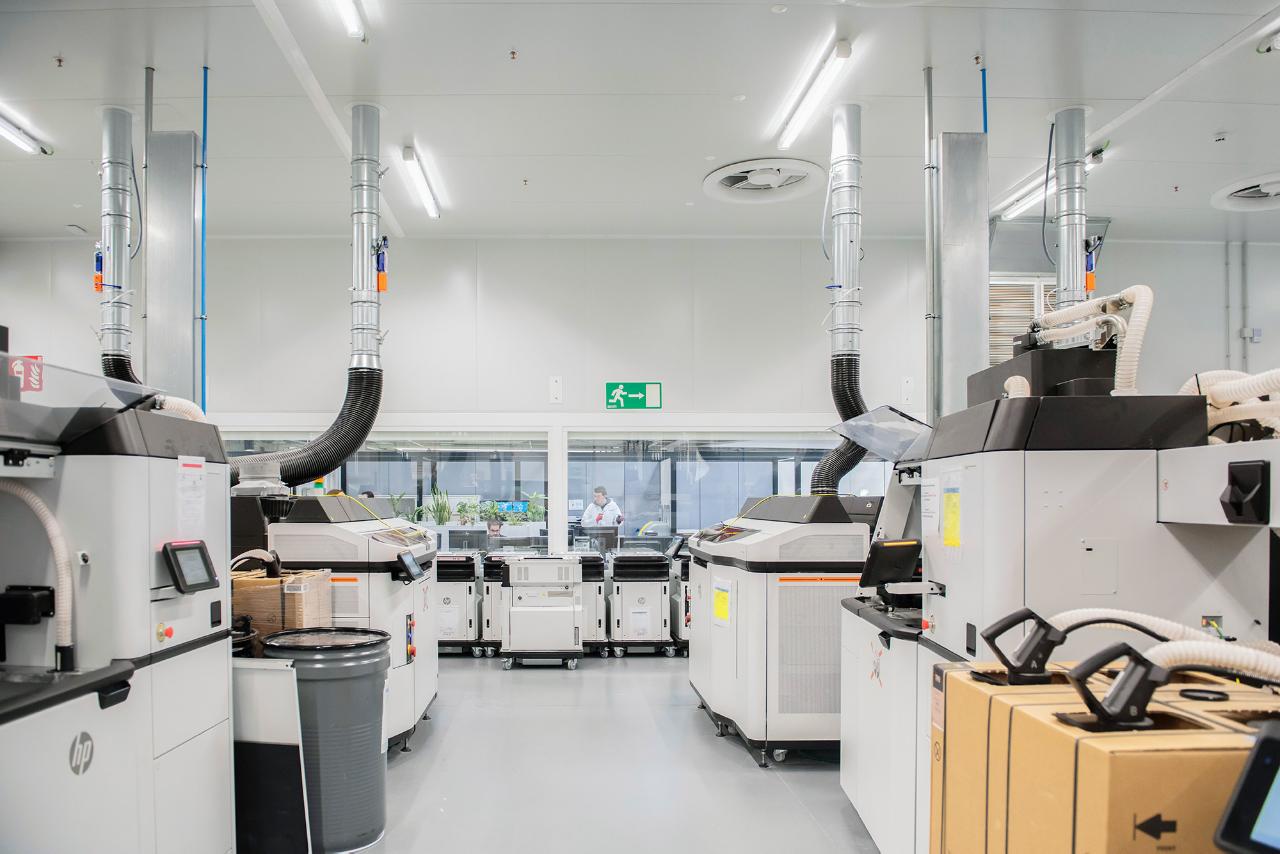Ford is looking for ways to make more parts out of more sustainable materials. And to do that, it’s borrowing waste from SmileDirectClub to make fuel clips for F-250 Super Duties.
The automaker teamed up with HP, the manufacturer of its 3D printers in order to find a use for the waste material that comes as a result of the printing process. And it found one.
Basically, the extra material is turned into plastic pellets that can be used for injection molding. Before you go wondering if recycled fuel-line clips are good as regular ones, it turns out they’re actually better.
The clips made from the waste material are 7% lighter, have better moisture resistance properties, and cost 10% less to make than the traditional clips. They’re so good that Ford’s team is looking for other vehicles besides the F-250 to put them in.
Read Also: Ford Creates One-Off, 3D-Printed Locking Lug Nuts Using Your Voice
“Finding new ways to work with sustainable materials, reducing waste, and leading the development of the circular economy are passions at Ford,” said Debbie Mielewski, Ford technical fellow, Sustainability. “Many companies are finding great uses for 3D printing technologies, but, together with HP, we’re the first to find a high-value application for waste powder that likely would have gone to landfill.”
Some of the material comes from Ford’s own 3D printers that it uses to make some low-volume commercial vehicle parts and fixtures used by assembly line workers. But that’s not enough to supply Ford’s needs, so it turned to SmileDirectClub.
The company makes aligners, a form of dental braces, and operates America’s largest facility of HP 3D printing systems. Producing more than 40,000 aligners a day, its waste is enough to supply Ford’s needs.
The material is collected by one of HP’s partners and molded into fuel line clips by a Ford supplier before being used in F-250 Super Duties.
“A key to achieving our sustainability goals and solving the broader problems of society is working with other like-minded companies – we can’t do it alone,” Mielewski said. “With HP, we defined the waste problem, solved technical challenges, and found a solution in less than one year, which is something in which we all take pride.”






